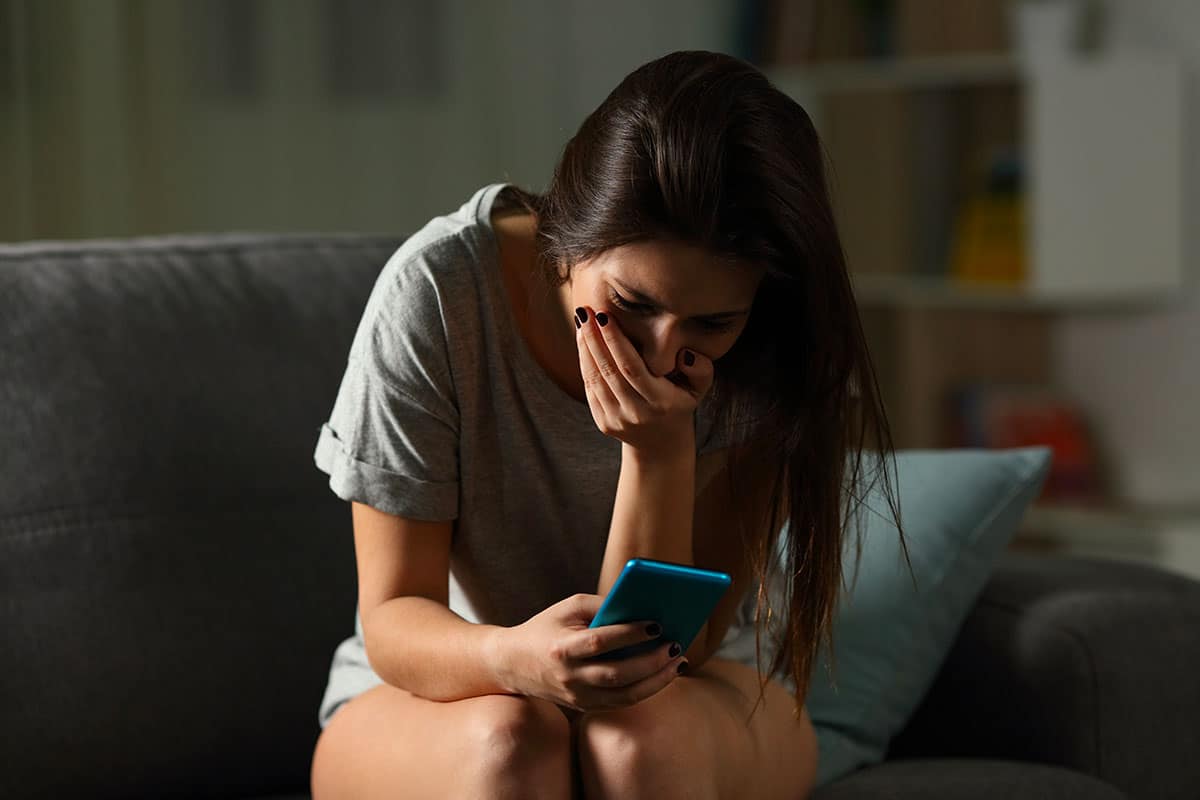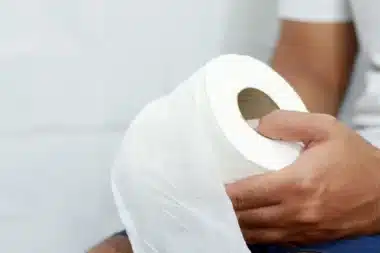In a one-of-a-kind legal move in Europe, seven French families are going after TikTok in the Créteil judicial court. They’re stepping up over worries about how digital platforms affect young people—especially regarding mental health and exposure to dangerous content. With TikTok’s popularity skyrocketing among teens, this lawsuit puts the spotlight on the app’s role in protecting its users.
Accusations and effects on teens
The claims against TikTok are serious and wide-ranging. The app is being blamed for showing kids risky content that seems to worsen mental health struggles among young people. Specifically, TikTok is accused of promoting self-harm, depression, and eating disorders through its powerful algorithm. This exposure has deeply hurt several families involved in the case. Sadly, two teenagers have taken their own lives, while four others have attempted suicide. In addition, one teen developed anorexia after engaging with content on the platform.
Old iPhones will lose WhatsApp on this date – check if yours is affected
The role of the Algos Victima collective
The families have come together under the name Algos Victima (one family even filed a complaint against TikTok last year). Their united effort shows how concerned they are about TikTok’s algorithm and how it tailors content to user searches (often suggesting harmful material). Videos dealing with depression and self-harm are reportedly being pushed to vulnerable users, which only adds to their suffering.
Parents have shared powerful stories. Jérémy, whose daughter Charlize tragically died by suicide at 15, said he never imagined the kind of content available on TikTok. “TikTok—I always pictured it as a place for dance challenges or makeup tutorials. I never thought I’d see videos on how to take apart a pencil sharpener to self-harm.” Delphine, Charlize’s mom, pointed out that the algorithm made her daughter’s pain even worse by suggesting content that got increasingly dangerous.
TikTok’s defense and growing worries
TikTok, for its part, insists that it offers a safe and supportive space for users. The company says it provides tools and resources aimed at promoting digital well-being and has put steps in place to shield minors from dangerous content.
Even with these claims, many remain concerned about the effect TikTok has on young people. Mental health experts in the USA are raising alarms about how the app’s algorithm, by constantly refreshing video feeds to match user preferences, makes it hard for teens to break away from risky material (a pattern that can lead to addictive use).
Legal viewpoints and advocacy
On the legal front, Laure Boutron-Marmion, who represents the families, argues that TikTok’s intentionally addictive design and its algorithm’s failure to filter harmful content mean the platform must be held accountable. She stressed that French judges need to acknowledge TikTok’s responsibility when its practices lead young people to think dangerous behaviors are safe.
This case digs into how digital platforms manage their algorithms and monitor content that might pose serious risks to teens. As the trial unfolds in Créteil, it invites everyone to think about how similar issues might play out around the world. For parents and lawmakers, it’s a clear signal that we need to take a hard look at how social media affects youth behavior and mental well-being—and what can be done to help keep them safe.








